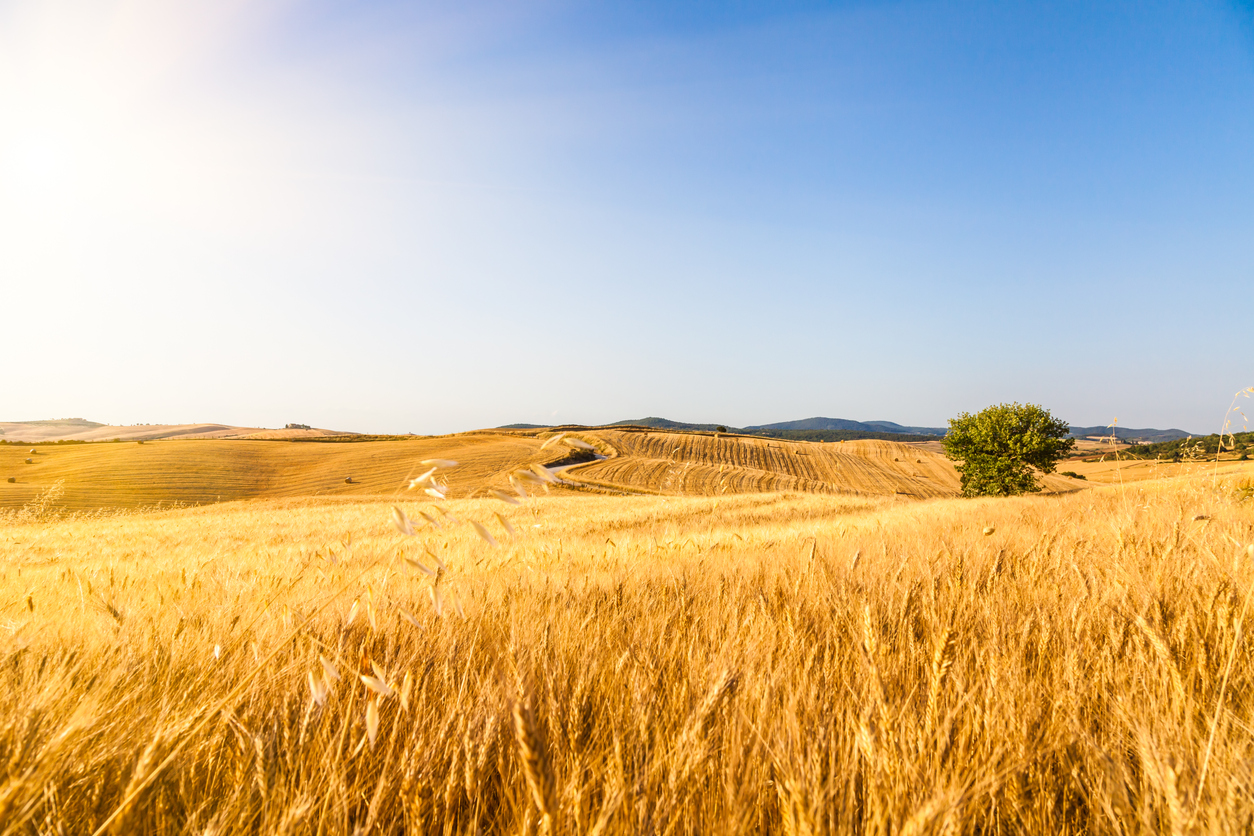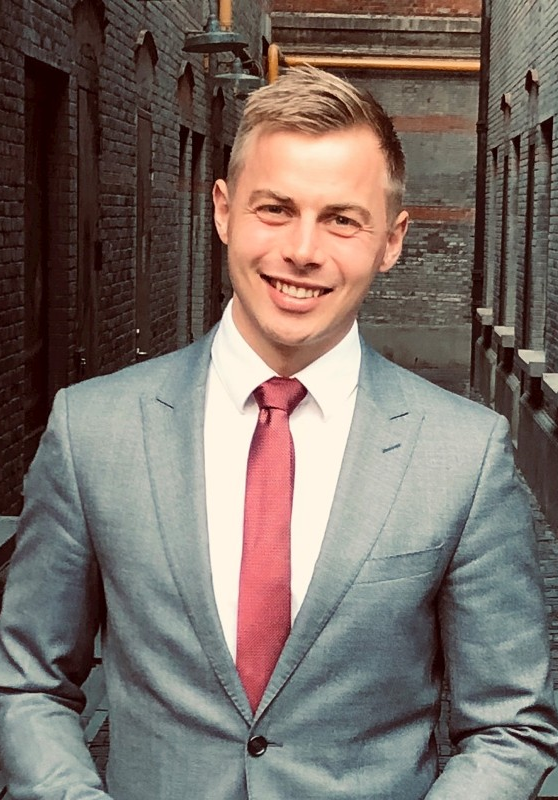Interview with Emil Dalsgaard Hansen, Director of Grain – DAKOFO
16th August 2023

Overview
“For our customers, as well as our farmers, we appreciate that the FSA is an independent system which gives us an impartial view of our performance as a group, and the recognition of what our farmers have achieved on their farms is valuable to everyone involved”

SAI Platform member, DAKOFO (Dansk Korn og Foder) is the industry association that represents Danish grain and feed companies, fish feed industry players, and international trading and brokerage companies based in Denmark. Beyond their daily dealings with Danish farmers, DAKOFO is dedicated to guiding farmers towards more sustainable practices.
Jessica Joubert, Systems User Support Officer caught up with Emil Dalsgaard Hansen, Head of Grain to find out more about how DAKOFO and its members are driving change, fostering sustainable agricultural practices, and using SAI Platform’s Farm Sustainable Assessment (FSA) to further support farmer recognition for on-farm sustainable practice.
Why did you choose to use the FSA? And how does it relate to DAKOFO’s sustainability targets and goals?
Emil Dalsgaard Hansen: DAKOFO and the Danish malting barley industry worked together with SAI Platform to implement the Farm Sustainability Assessment (FSA) with farmers who produce malting barley in Denmark. We decided to do this because of the increasing demand from the European malting and brewing sector to demonstrate that their raw materials had been produced in a sustainable way.
The FSA was a good option for us because it is an internationally approved tool, and included the various social, environmental and economic criteria which we deem as being vital to our sustainability vision for our industry. We like that the tool is the same for farmers across the globe, ensuring that the industry has one common way forward when assessing sustainability in the food value chain.
You have a unique way of using the FSA, could you tell us a bit about how you use it?
Emil Dalsgaard Hansen: In 2020 we started working with SAI Platform on implementing the FSA with our malting barley farmers. DAKOFO’s members are buyers of different grains, and our members wanted to ensure a uniformed, simple approach to verifying on-farm sustainability practices across all the sourcing regions, that would yield a fair and consistent result. They also needed support to manage the implementation of the FSA.
With these criteria in mind, DAKOFO set up a single Farm Management Group of all of the farmers who are delivering malting barley to our members. By doing this, we create a level playing field for our farmers ensuring that sustainability is broadly implemented in the value chain. The main difference between our approach and conventional FSA use is that we have included many buyers in the Farm Management Group, rather than a single buyer, and we administer the group as the FMG Coordinator. Thus, multiple companies buy their product from the same FMG, instead of the FMG being for an individual company, and the Performance Level is the same for all farmers supplying into the FMG of DAKOFO.
It is our belief that the DAKOFO implementation offers a fair and transparent system for farmers and buyers.
How important is it for you to get farmers on board and do you engage and encourage them?
Emil Dalsgaard Hansen: Although our members are the grain buyers, for DAKOFO the farmer is key for a successful programme. Without them we cannot achieve our sustainability and commercial ambitions.
DAKOFO together with our members do everything we can to engage farmers, however it is our experience that Danish farmers are often quite advanced in their sustainability journey. Therefore, we make sure that the training that we offer farmers is specific to certain areas of sustainability where our farmers want to improve. All farmers are given the option to join the FMG, and we work with them towards our Continuous Improvement Plan.
How does your FSA verification and your ongoing work on sustainable agricultural practice create commercial value for DAKOFO?
Emil Dalsgaard Hansen: For our customers, as well as our farmers, we appreciate that the FSA is an independent system which gives us an impartial view of our performance as a group, and the recognition of what our farmers have achieved on their farms is valuable to everyone involved. It means that we have a greater access to market, especially where increasing demands for sustainable production are being made.
What advice would you have for other organisations like DAKOFO who are considering implementing the FSA?
Emil Dalsgaard Hansen: We would recommend working closely with the SAI Platform Secretariat to guide the way that you apply the FSA. Consider how others have used it. It’s a programme which offers a lot of flexibility, so think creatively about the issues you face, and ask the Secretariat’s FSA team to help you figure out how applying the FSA can resolve them. They have been most helpful in our journey.
Emil, thank you for sharing your unique experience using the FSA.